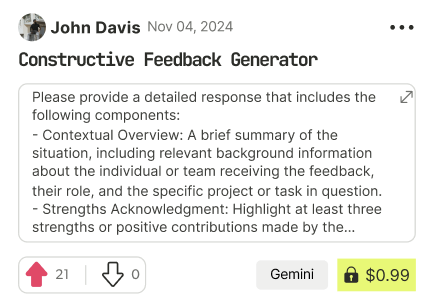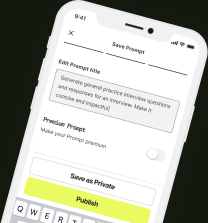Rediscovering Lost Innovations: A Collection of Missed Opportunities
Throughout history, numerous groundbreaking ideas have been overlooked or underestimated, only to be rediscovered and recognized for their significance years later. This collection highlights some of the most remarkable near-misses, exploring their potential impact if discovered earlier.
1. Antonie van Leeuwenhoek's Microbial Insights (1676)
- Potential Impact: Accelerated understanding of microbiology, germ theory, and disease prevention
- The 'Father of Microbiology' discovered microorganisms using his handcrafted microscope. His findings, though revolutionary, were not fully understood or utilized until the late 19th century. Early adoption of his insights could have led to significant advancements in medicine and public health.
2. Philo Farnsworth's Early Television (1927)
- Potential Impact: Expedited development of television technology and global communication
- Farnsworth, a 21-year-old inventor, created the first fully functional electronic television system. His invention was initially met with skepticism, and it took decades for TV to become a staple of modern life. Earlier recognition of his achievement could have accelerated the growth of the television industry.
3. The Baghdad Battery (250 BCE)
- Potential Impact: Potential understanding of electrochemistry and early applications of electricity
- Discovered in Iraq, this ancient device consists of a ceramic pot, copper, and iron – the components of a basic battery. If understood and harnessed earlier, the Baghdad Battery could have sparked significant advances in electrochemistry and the use of electricity.
4. Nikola Tesla's Alternating Current (AC) System (1886)
- Potential Impact: Faster widespread adoption of AC power and the 'War of Currents'
- Tesla's work on AC systems was initially underappreciated, leading to a prolonged 'War of Currents' with Thomas Edison's direct current (DC) proponents. Earlier recognition of Tesla's ideas could have accelerated the transition to AC power, revolutionizing the way electricity is transmitted and used worldwide.
5. Mary Anning's Dinosaur Discoveries (1811)
- Potential Impact: Earlier recognition of the significance of dinosaur fossils and the development of paleontology
- Anning, a British fossil collector, discovered several important dinosaur species, including the first complete plesiosaur skeleton. Her finds were not fully appreciated during her lifetime, and it wasn't until the mid-19th century that the scientific community began to understand the significance of her discoveries.
6. Hypatia's Mathematical Contributions (c. 400 CE)
- Potential Impact: Preservation of ancient mathematical knowledge and the development of calculus
- Hypatia, a Greek mathematician and philosopher, made significant contributions to the fields of geometry and algebra. Her work, however, was largely lost due to the destruction of the Library of Alexandria. Earlier preservation of her findings could have accelerated the development of mathematics, particularly calculus.
7. Abu al-Wafa' Buzjani's Trigonometric Discoveries (10th century)
- Potential Impact: Accelerated development of trigonometry and its applications
- Buzjani, a Persian mathematician, made notable contributions to the field of trigonometry, including the development of the tangent function. His work, although influential in the Islamic Golden Age, was not widely recognized in Europe until the Renaissance.
8. The Antikythera Mechanism (circa 100 BCE)
- Potential Impact: Understanding of ancient Greek astronomical knowledge and the development of mechanical engineering
- Discovered in a Greek shipwreck, this ancient device is an intricate system of gears and dials used to track celestial movements. If understood and studied earlier, the Antikythera Mechanism could have revealed the sophistication of ancient Greek knowledge and potentially accelerated the development of mechanical engineering.
These examples illustrate the significant impact that rediscovering lost innovations could have had on various fields, from science and technology to medicine and global communication. By recognizing and learning from these near-misses, we can foster a deeper appreciation for the contributions of pioneers and accelerate progress in our pursuit of knowledge.

Find Powerful AI Prompts
Discover, create, and customize prompts with different models, from ChatGPT to Gemini in seconds

Simple Yet Powerful
Start with an idea and use expert prompts to bring your vision to life!
